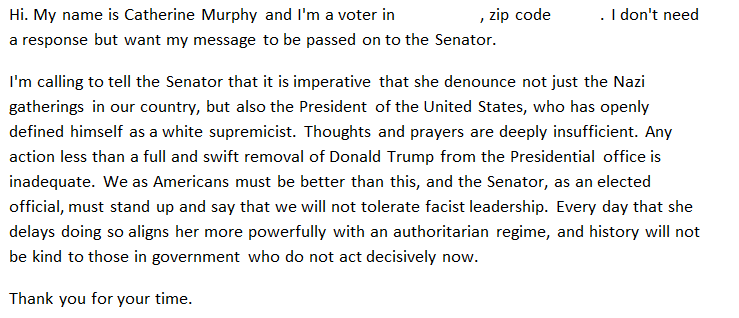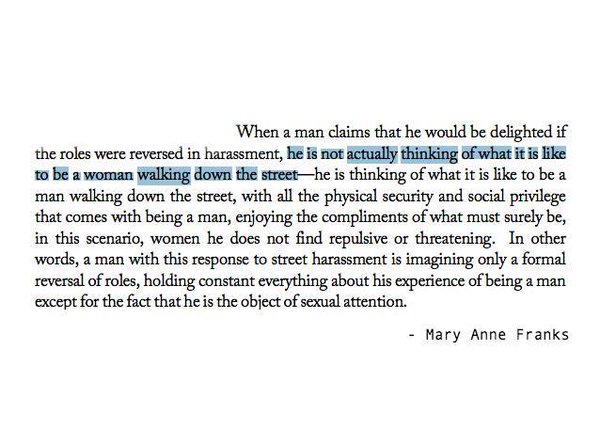Or don’t, as you see fit. But if you’ve ever wondered how ordinary decent people let Nazi Germany happen, if you’ve ever thought “I would have done something, if I’d been alive back then,” well, this is how it happened, and what we do now is what we would have done then. Hi. My name is [ ] and I’m a consitutent in [ ], zip code [ ]. I don’t need a response to this, but I do want this message passed on to my […
Category: Politics
An open letter to the electors
I’ve written an open letter to the electors via DearElector. There’s a copy of the letter posted here, where you can add your name as a signator, if you feel I’ve said anything worthwhile, but the body of the text is also replicated in this post. Dear Elector: These are the things I can probably safely say I know about you: You have deeply held convictions. You are politically active. You are a Republican. That’s it: that’s all I know about you. I know those things because you’re a Republican…
third parties & american presidential politics
I wish everybody who believes that voting for a third party in a two-party presidental election is a protest vote would go out and run for office themselves under a third party and work their way up through the system and create a situation where a third party was a viable option instead of taking away a vote for the party which, like it or lump it, their values most closely align, and potentially giving what is still arguably the most powerful political position in the world to someone who…
when nice people say they’re voting for trump
Earlier this summer a friend said they were going to vote for Trump. I turned bright red, I kid you not. Bright bright red. Even I thought it was funny. They said, “I take it you’re a Hillary fan,” and I said, truthfully, that it wasn’t so much that I was pro-Hillary as I was vehemently anti-Trump. (This has changed: I’ve really had to examine my prejudices against Hillary and question how many of them were instilled by 30 years of media telling me she was evil and corrupt, but…
Good Guys & Responding to Womens’ Sexual Harassment
A friend of mine over on Facebook posted link to this article, Why Women Smile At Men Who Sexually Harass Us, which is a good article full of things that are tiresomely familiar to virtually all women and apparently continue to be surprising to many, perhaps most, men. I think it’s a good article for men to read, because what prompted her writing it was how the author’s boyfriend, who is, by her estimation, one of the good guys, responded not only to her being harassed, but to her *reaction*…


